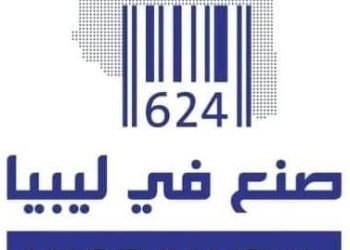Libya Herald staff.
Tripoli, 25 May 2014:
The Libyan Foreign Bank (LFB) announced . . .[restrict]that it had completed all registration procedures to remain in compliance with the US Foreign Account Tax Compliance Act (FATCA) by the 5 May 2014 deadline.
FATCA is a somewhat controversial US tax law that requires, among other things, foreign financial institutions to report to the US Internal Revenue Service about accounts held by US taxpayers.
This helps to prevent US taxpayers from hiding assets in offshore and foreign accounts. Taxpayers are required to pay taxes on funds held in accounts in banks outside of the US. Complying with FACTA will help the Libyan Foreign Bank avoid penalties levied by the US authorities for non-compliance.
FATCA requires coordination of many departments within a bank in order to comply with reporting guidelines. The LFB announced that work is underway to take necessary measures to ensure the fulfillment of all requirements of FACTA by modernizing its automated systems and providing necessary training for these systems and for required reporting at all branches of the bank.
The bank reports that it has planned strategic projects to support cooperation between all of its branches to meet international requirements and standards. It states that it aspires to increase the efficiency of the bank’s performance and achieve optimum utilization of resources in order to enhance the bank’s reputation in the international arena.
The LFB was established in 1972 and is the largest bank in Libya with assets of $16 billion. It is the country’s first offshore banking institution. The bank is 100% owned by the Central Bank of Libya, which had authorized it to complete registration to comply with FACTA. The LFB also holds an 83 percent stake in the London-based British Arab Commercial Bank (BACB).
In August 2013, the LFB held a three day seminar in Tripoli in which it discussed how it could better integrate its banking subsidiaries in 22 countries throughout Africa, Europe and the Middle East. It was revealed at the seminar that the bank had undergone many changes and needed to reconsider its strategy in the new post February 17th era.
This included looking at fresh openings in trade finance, treasury, wholesale banking and lending, as well as the new opportunities in investment banking and Sharia-compliant products. [/restrict]








